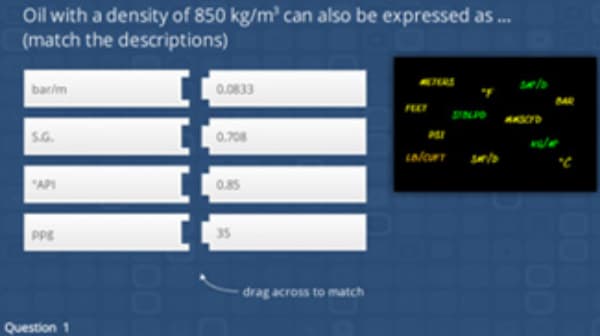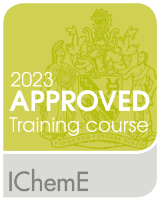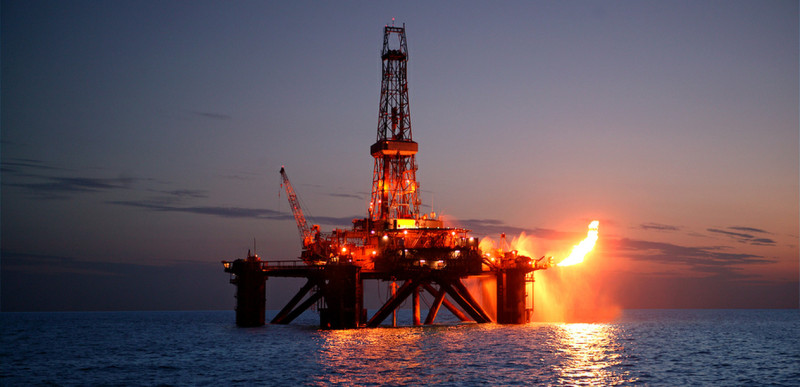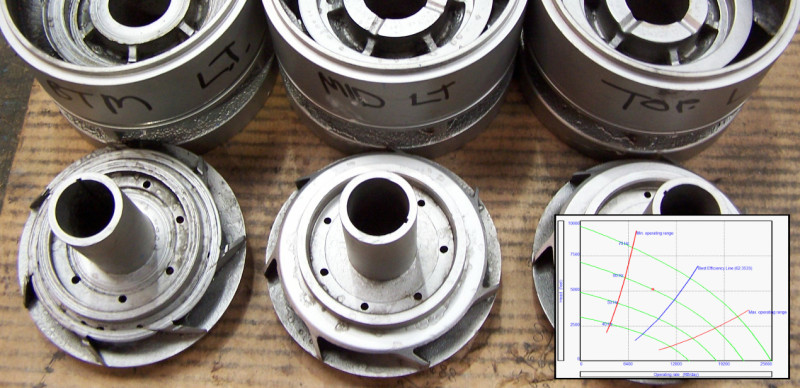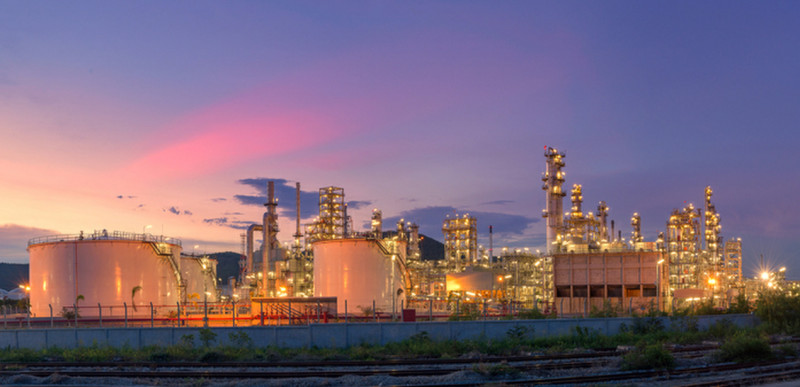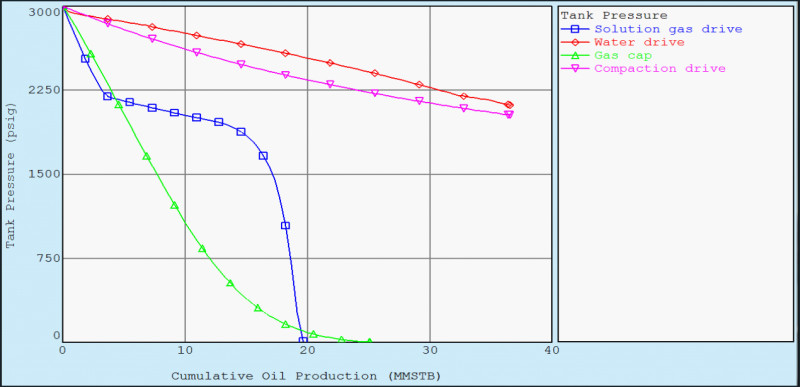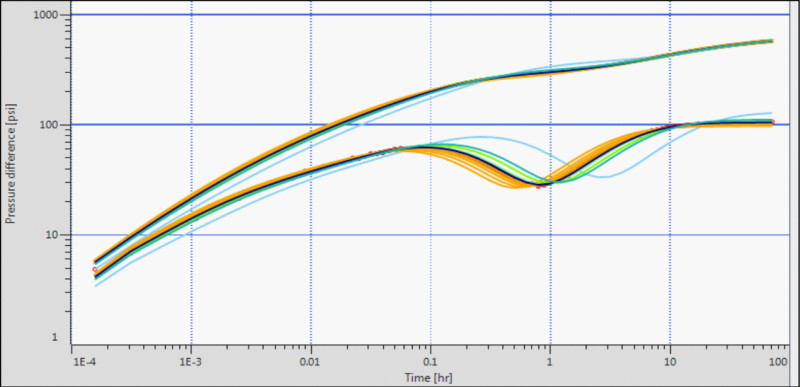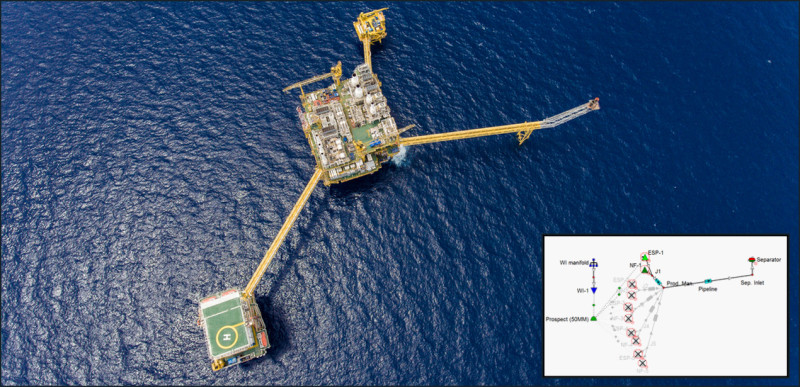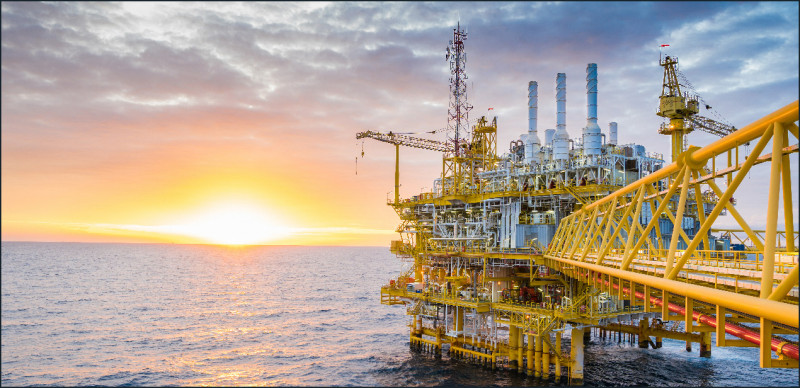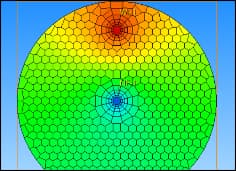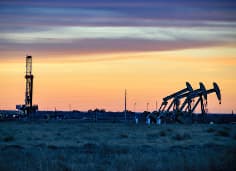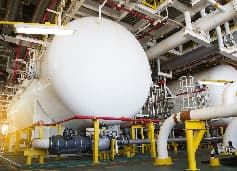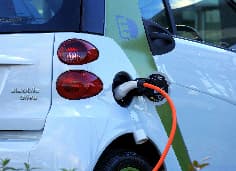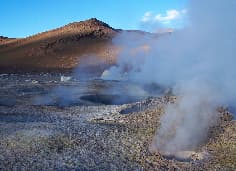Inspiring training courses, clearly explained
- More
On-demand training courses.
Petroleum and renewable energy engineering. Industry accredited by the Institution of Chemical Engineers (IChemE).
- More
Searchable, short video tutorials.
Interactive quizzes. Learn concepts and practical software applications. Find answers when you need them.
- More
Enterprise grade LMS features.
Progress tracking, nominations and protected content. Headless CMS offering seamless, customised LMS integrations.
Why Baobab?
Inspiring training courses, clearly explained. Searchable video library. Industry accredited.
Concepts
Fundamental building blocks. Concepts not equations. Concise explanations. Compelling, short video tutorials with transcripts you can search, wherever and whenever you need them.
Applications
Apply concepts in the real world. Practical software tutorials using industry standard software (Petroleum Experts IPM and KAPPA Workstation) to illustrate well, reservoir and field modelling, analysis and optimisation.
Assessments
Interactive quizzes and practical exercises with provocative feedback. Earn a certificate and continuing professional development (CPD) hours by passing the final course exam. IChemE accredited.
On-Demand Courses
Learn something new from the experts. Keep your skills up to date with practical applications to your work.
Course durations from 1 to 10 days classroom equivalent.
Introduction to Petroleum Production (1 day)
This course provides an overview of the Petroleum Industry from global energy statistics to exploration, drilling, wells and production systems. 1 day classroom equivalent.
Fundamentals of Renewable Energy Engineering (5 days)
This extensive course covers all the fundamental concepts and operation of renewable energy generation systems that may be used in energy transition scenarios to achieve net zero targets. Topics include; introduction to renewable energy, hydro power, wind power (onshore and offshore), solar power (PV and CSP), bio-energy (biomass), alternative transportation energy storage technologies (batteries and hydrogen), geothermal energy, marine energy (tidal and wave) and carbon capture and storage (CCS). 5 days classroom equivalent course.
ESP systems modelling with Prosper (2 days)
This course covers the concepts and software application of ESP systems performance, equipment, design, operations and diagnosis. 2 days classroom equivalent.
Flow Assurance, Fluids Treatment and Corrosion Control (2 days)
This course covers the main topics of Production Chemistry - flow assurance (including emulsions and foam formation, wax and asphaltene deposition, gas hydrate formation, scale deposition and the use of drag reducers), produced fluids separation and treatment facilities, and the control of corrosion by inhibition and materials selection. 2 days classroom equivalent. IChemE accredited course (14 CPD hours).
Reservoir modelling with MBAL (2 days)
An introduction to the reservoir engineering toolkit in MBAL (Monte Carlo oil in place calculation, decline curve analysis, 1D displacement and material balance). Building a new oil reservoir model, history matching methods and validation, fractional flow matching and prediction with well models. 2 days classroom equivalent course.
Fundamentals of Reservoir Engineering (5 days)
This comprehensive course covers all the fundamental concepts of reservoir engineering. Topics include; reservoir engineering objectives, fluid and rock properties, well inflow performance, fluid flow in porous media, reservoir drive mechanisms, performance trend analysis, material balance and analytical aquifers, well testing and pressure transient analysis, reserves estimation. 5 days classroom equivalent course.
Integrated production modelling with Prosper, GAP and MBAL (10 days)
This extensive course will enable participants to understand the concepts and practical applications of modelling naturally flowing and artificial lift wells with Prosper, surface network modelling with GAP, reservoir modelling with MBAL and full field performance prediction with GAP and MBAL. 10 days classroom equivalent course.
Production operations engineering (10 days)
This extensive course covers an introduction to petroleum production, well performance concepts and applications (well modelling with Prosper) and a review of artificial lift systems design and diagnosis and applications in unconventional reservoirs. Production operations topics include data measurement and analysis, well surveillance, well integrity, well intervention and sand control, formation damage and stimulation, production chemistry and flow assurance, surface production facilities and fluids treatment and corrosion control and materials selection. This course provides a solid and comprehensive foundation for all production engineers. 10 days classroom equivalent course.
Video Library Subjects
Fully searchable short videos. Practical micro-learning in action. Quickly find relevant answers and information anywhere, anytime. Help when you need it.
From reservoir to well to separator to pipeline.
Follow the Energy Transition technologies to achieve Net Zero.
Subscription Options
Workplace performance support, when and where needed
| Features included in Subscription License | Individual Courses | Video Library Subjects | All Courses and Library | Enterprise Standard | Enterprise Flex. |
|---|---|---|---|---|---|
| Subscription period options | From 1 mo. | From 1 mo. | From 1 mo. | 6 mo. plus | 6 mo. plus |
| View videos and quizzes on any device (laptop, tablet, phone) | |||||
| Searchable video library | |||||
| Access to single course | |||||
| Earn accredited course certificate and CPD hours | |||||
| Access to all courses and full video library | |||||
| Earn multiple course certificates | |||||
| Discounts for multiple users and subscription period | |||||
| User account management and progress tracking | |||||
| Protected content (proprietary videos, field case histories etc.) | |||||
| Nominate training courses for individual users or teams | |||||
| Link to corporate LMS via REST API (Headless CMS) | |||||
| License seat changes permitted per year | 1 | 3 | |||
| Example: 10 subscription licences, max. no. of unique users per year | 20 | 40 |
Testimonials
Comments from our clients
